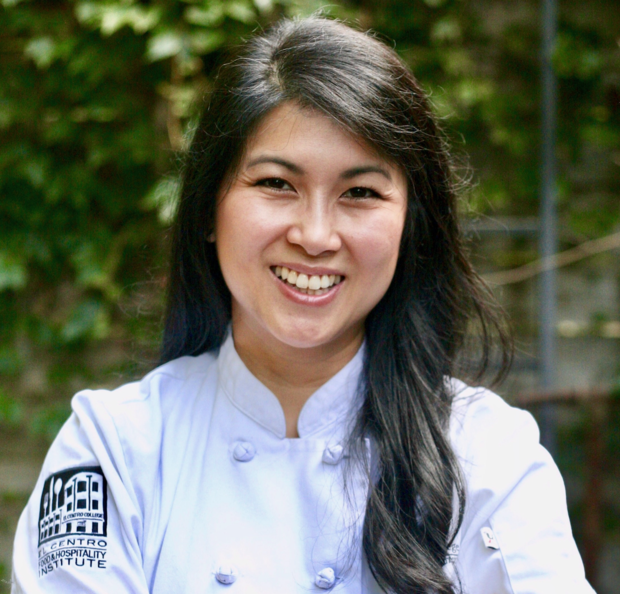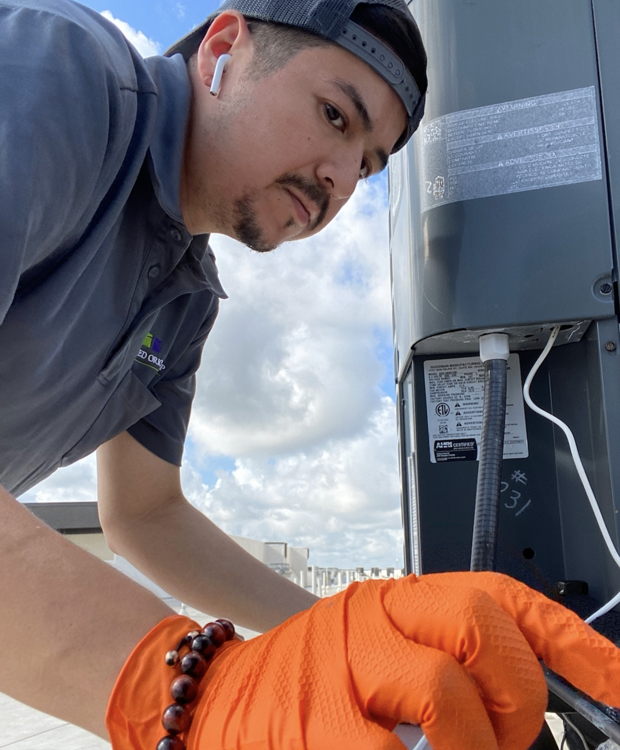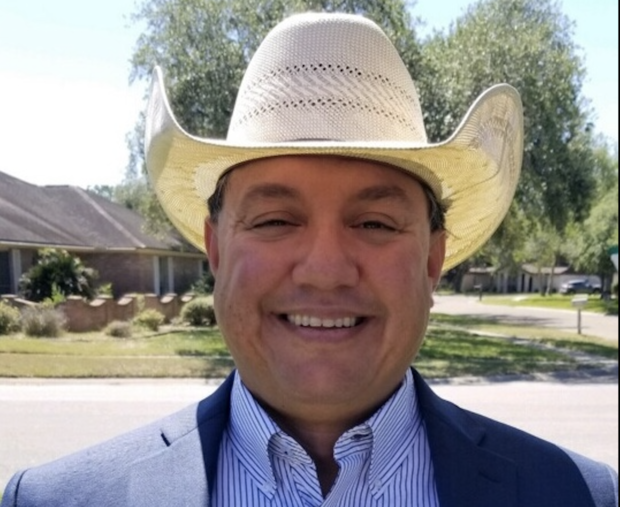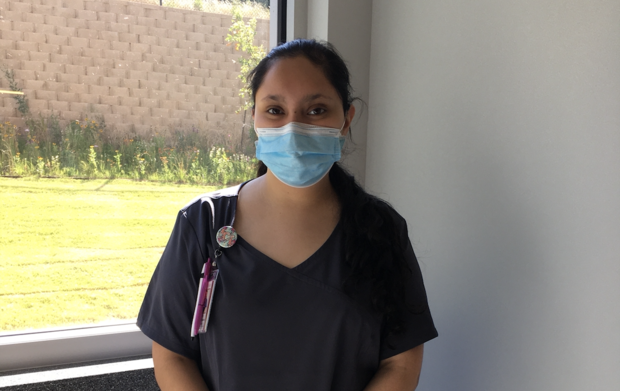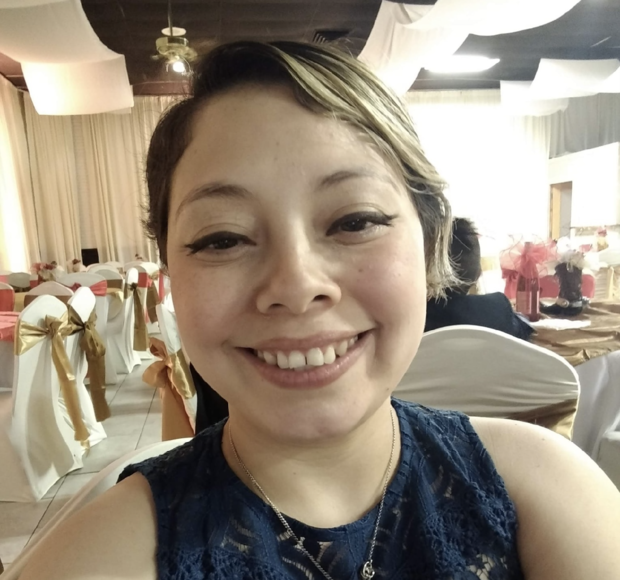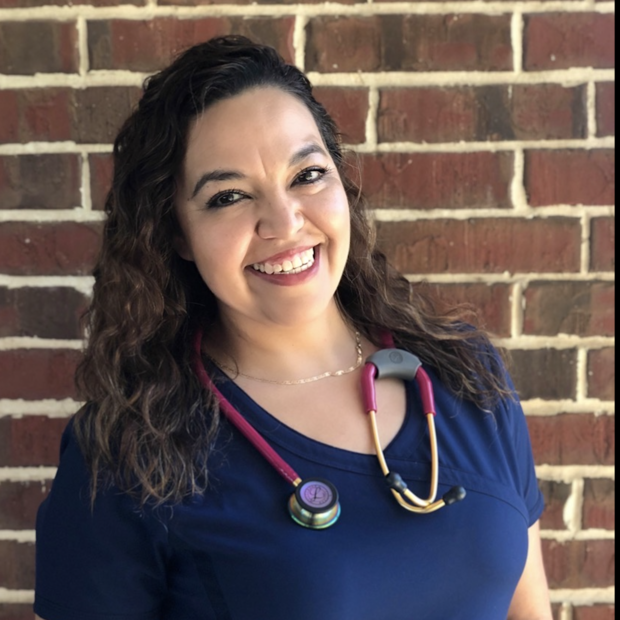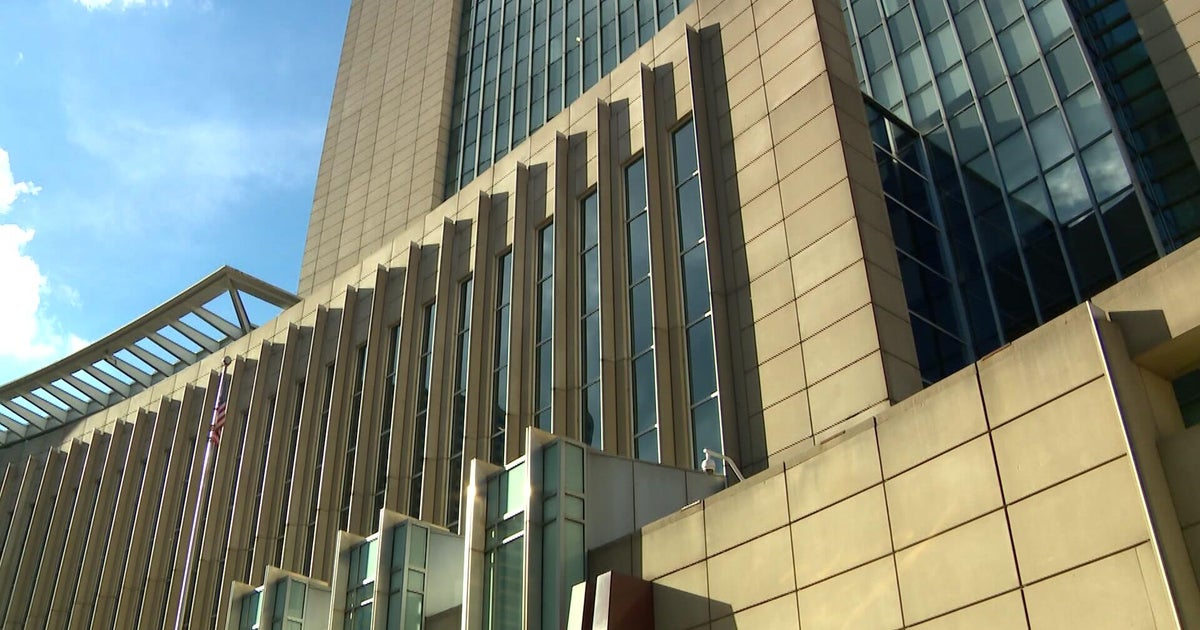Ready to work, trade school students face adversity during COVID pandemic
CBS News is chronicling what has changed for the lives of residents of some of the biggest battleground states in 2020 amid the coronavirus pandemic.
Kia McGuire, 34, a single mother raising three children, has been attending Barbers Inc. Trade School in Beaumont, Texas, in hopes of obtaining a job that would allow her more control over her schedule and give her more time with her kids.
She had just twenty days left in her training before the school was temporarily shut down in May to slow the spread of the coronavirus; the program just restarted last week. Like many others enrolled in trade schools, McGuire had a job lined up upon graduation, but amid the pandemic and the heavy toll it's exacted from the nation's small businesses, she's unsure if the shop will still hire her.
"It kind of makes you question everything," she said. "Do you have to go get a whole new profession?"
According to McGuire, even though the barber school has reopened, some students have not returned, either because they've lost their motivation or are scared of contracting COVID-19.
McGuire is one of many trade school students wondering what their future holds. In Texas there are more than 250 trade schools — more than in any state except California — according to the National Center for Education Statistics. Through community colleges, trade schools and vocational training, each year tens of millions of students in America receive specific job training meant to launch them into the workforce.
In addition to the personal care industry, the hospitality sector has also been ravaged by the coronavirus. According to the American Hotel and Lodging Association, 70% of hotel employees have been laid off or furloughed since February.
Last month, Thuy Carroll, 37, graduated from El Centro College in Dallas with an associate degree in baking and pastry. Carroll, who has previously worked as a math teacher and in the crude science industry, restarted her career as a chef because she wanted to be able to take care of people.
"The reason I went into pastry is not only to serve others by feeding them [...] it's something that's not necessarily like food, it's more of a celebratory thing," she said.
To further her career, Carroll was in the process of moving to Las Vegas with her husband. But when COVID19 demolished the hospitality industry there, the couple decided to remain in Dallas.
Despite the setback, she's been baking chocolate chip cookie shot glasses for friends so that they can "celebrate being together." Ultimately, Carroll said, her goal is to feed people.
The jobs of feeding people, or cutting hair, or nursing are learned at vocational schools that rely on hands-on instruction. Because students must tally hours of practical experience for various certifications, schools have had to modify programs in order to meet new COVID-related professional and safety standards.
The precautions schools are taking in the classroom are the same measures trade school graduates are taking into the field.
Gabriel Ruiz, 29, is a certified HVAC technician who graduated from Houston Trade Training just last week. Already Ruiz is working at an apartment complex and has been deemed an essential worker. He now has to sanitize every surface he touches and is only working to fix repairs deemed emergencies.
Ruiz lives with his girlfriend and five others in a trailer in Katy, Texas. He says that he's thankful and proud to be working during the pandemic. All the while, Ruiz is aware of the risk of being an essential worker.
"[My girlfriend and I] pray every time we go to work," he said. "I thank God everyday that I still have the opportunity to have a job."
Even with the practical, hands-on certification trade school graduates earn, some have been left jobless because of the pandemic.
Andy Sanchez, 45, graduated in May from Corpus Christi's Del Mar College with a degree in Process Technology. Two years ago, Sanchez lost the job he held for 18 years as an oil field operator. He pursued his associate degree so that he would never have to worry about being laid off again. He's married, with eight children, and is now hoping to receive confirmation that the job he had arranged pre-coronavirus is still waiting for him this summer.
Sanchez has been told by employers to-be that they hope to have him start work by August 3rd. Even so, given the uncertainties of COVID-19, Sanchez is anxious about the future.
"Now we're kind of up in the air," he said. "If I don't start [in August], it's gonna be hell."
The desire and need to work is a defining characteristic of trade school graduates, according to Dr. Joe May, Chancellor of Dallas County Community College District (DCCCD).
"Our students understand work. They're working in order to get an education, in order to get a job in the future," said May. "They're coming to us, even right out of high school, with that need to be employed."
As an educator, May has unique experience guiding students through crisis. Before coming to DCCCD he was president of the Louisiana Community and Technical College System in the aftermath of Hurricane Katrina in 2005 and during the Deepwater Horizon explosion in 2010.
"Any time there is an occurrence of a disaster, there are jobs lost and jobs created," he said. May said that just as thousands were needed for cleanup, restoration, and logistics in the wake of Deepwater Horizon disaster, there's been a call for health care workers to fight coronavirus.
As a medical assistant at a community health center, Agueda "Aggie" Hernandez, 18, works in pediatrics. She graduated from The College of Health Care Professionals (CHCP) in Dallas last month and admits she's scared of contracting COVID-19 but has always known the risks of her field and is committed to her patients.
She lives with her mother and admits she fears passing the virus to a loved one. But Hernandez's financial contribution to the household is essential.
"If I wasn't getting a paycheck [sic] we would be struggling pretty hard right now," she said.
Kasandra Izquierdo, 34, a certified phlebotomist living in Dallas, is eager to start her career in health care. Prior to getting her training from DCCCD, Izquierdo worked in the warehouse of a local hospital. Wanting more for herself, she attended training, while pregnant, to earn her certification and graduated last month.
She had hoped to work at the same hospital where she worked previously but was told that even during pandemic, that it wasn't hiring.
Izquierdo supports her three children and parents in their multigenerational home. In the wake of the pandemic, her mother was laid off. Some relief came with the stimulus check she received earlier this year.
"I wasn't struggling, but I feel like this is backup money. Just in case I need something, I got it. I got the security. Maybe it's not too much money for a lot of people, but $200 is a lot for me."
Resolute, Izquiredo has been volunteering with the Red Cross during the crisis.
"I want to help and I want to learn," she said.
Wanting to help is the reason why Cindy Trejo, 36, became a medical assistant. Trejo, a recent CHCP grad, is currently working at a Fort Worth dialysis center. She was drawn to the medical field because she herself has been a lifelong patient, surviving two liver transplants.
Trejo began her career in the thick of the pandemic. The first question she was asked during her job interview was, "Are you afraid of COVID?"
"I laughed, and I said well I'm aware that it could be something that could affect me. But then again, any other illness or disease, I could catch," Trejo recalled.
In her first week on the job, Trejo had to fill in for absent coworkers afraid of contracting coronavirus. She has since treated three patients who have tested positive for COVID19.
The pandemic has hit Trejo on a personal level, too. Her sister is a hair stylist and has been hit hard by the sudden changes. In May, Trejo's uncle passed away after contracting the virus.
Trejo says that she takes time with every patient to explain the precautions they ought to take to protect themselves from COVID-19. They are the same measures she takes with her 3-year-old son.
Trejo lives in a rental property situated behind her parents' home. She has a new ritual when she returns home each day — undressing outside the house to prevent contamination.
"I will not pick up my son from my mom's house until I jump in the shower," Trejo explains. "I chose this career and I keep on choosing it on a daily basis."
